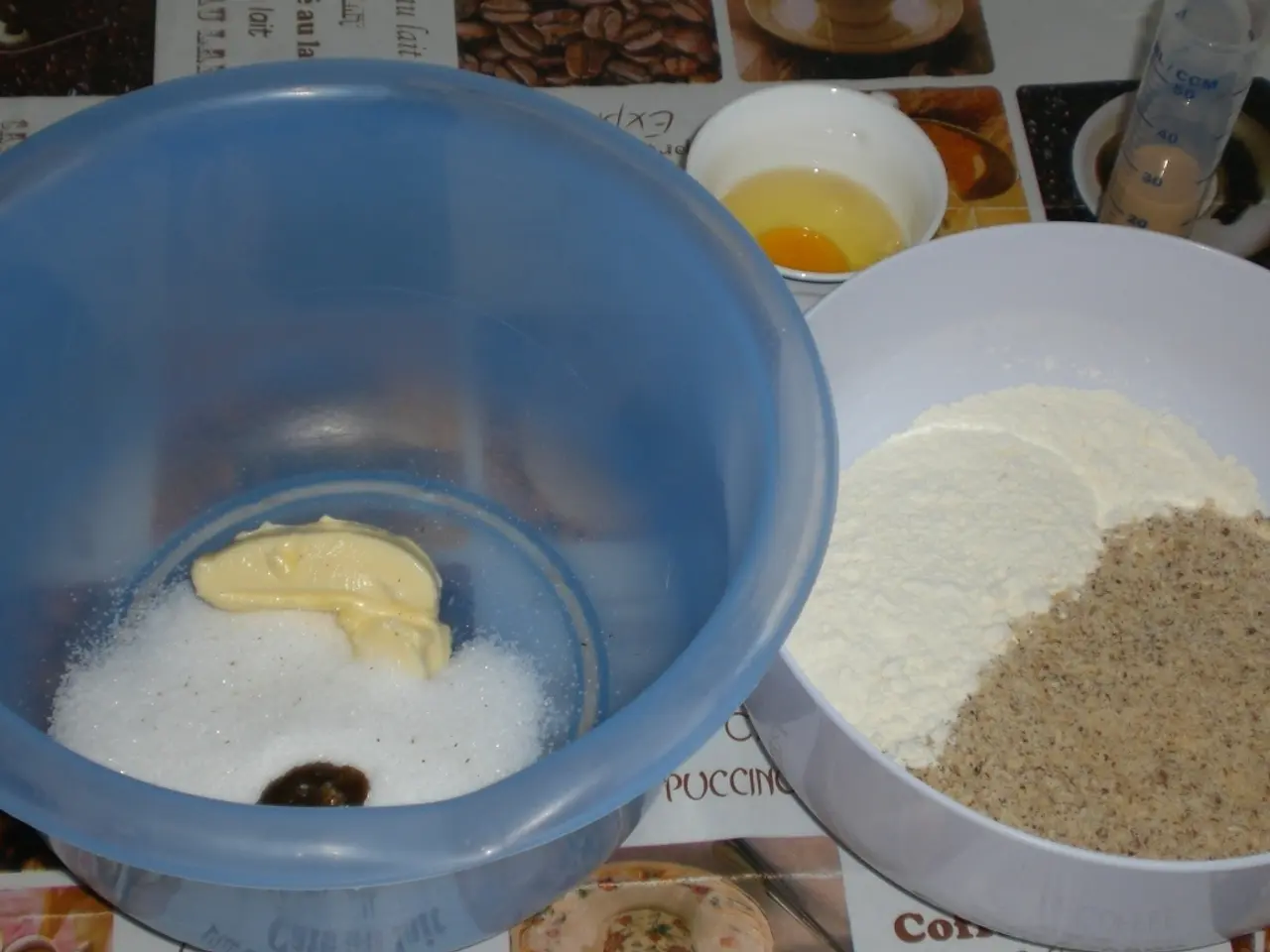Fecal Incontinence: Discovering Origin, Remedies, and Prevention Strategies
Chronic bowel leakage, also known as fecal incontinence, can be a distressing condition for many individuals. This article aims to provide a clear understanding of the causes, risk factors, and treatment options for this condition.
Causes and Risk Factors
Chronic bowel leakage often results from weakening or damage to the pelvic floor muscles and nerves that control bowel movements. Common causes include childbirth, aging, surgery, chronic constipation or diarrhea, rectal prolapse, nerve damage from conditions like diabetes or multiple sclerosis, and inflammatory bowel disease.
Risk factors that increase the likelihood of chronic bowel leakage include aging, childbirth-related injury or trauma, repeated heavy lifting, obesity, smoking, prior pelvic surgery or radiation therapy, menopause, chronic diarrhea or constipation, medical conditions causing nerve damage, rectal prolapse, and prior anorectal surgery.
Treatment Approaches
Treatment for chronic bowel leakage depends on the severity and underlying causes. Initial approaches often involve non-surgical options such as lifestyle and dietary changes, pelvic floor muscle exercises (Kegel exercises), managing underlying conditions, and medication.
Lifestyle and dietary changes can help regulate bowel movements and reduce constipation-triggered leakage. This may include increasing fiber intake and fluid consumption. Pelvic floor muscle exercises, taught by healthcare professionals or pelvic floor physical therapists, can strengthen the pelvic muscles, improving bowel control.
For severe cases or when conservative measures fail, medical or surgical interventions may be necessary. These could include biofeedback therapy, nerve stimulation, or surgery to repair damaged muscles or correct prolapse.
Early Diagnosis and Importance of Treatment
Early diagnosis is crucial to tailor treatment effectively and address any underlying diseases. It is essential to ensure no misdiagnosis of more serious conditions like colorectal cancer. Pelvic floor disorders and fecal incontinence are often treatable and should not be accepted as an inevitable part of aging.
Seeking Medical Advice
If you experience chronic bowel leakage, bowel leakage following surgery, childbirth, or an injury, bowel incontinence for any reason that has not responded to home treatment, incontinence treatment that stops working or causes severe side effects, or worsening incontinence, it is best to contact a doctor.
Diagnosis of bowel leakage involves a medical history and additional testing such as looking for signs of infection or taking a stool sample. Tests of the nerve signals in the rectum, MRI scans of the intestines, rectum, or anus, bloodwork to look for certain underlying diseases, and tests that look for muscular or nerve injuries during a bowel movement can all be used for diagnosing bowel leakage.
Surgery may repair some injuries to the sphincter or nerves, and biofeedback can help a person regain some control when there is nerve damage or a physical injury. Certain medications, such as loperamide, can slow digestion and reduce incontinence from diarrhea or runny stool. Estrogen may be helpful for postmenopausal women with bowel leakage.
In conclusion, chronic bowel leakage is a manageable condition with various treatment options available. Early diagnosis and appropriate treatment can significantly improve the quality of life for those affected. If you are experiencing any symptoms of bowel leakage, it is crucial to seek medical advice promptly.
Read also:
- Is it advisable to utilize your personal health insurance in a publicly-funded medical facility?
- Can the flu vaccine prevent stomach issues mistaken for the flu? Facts about flu shots revealed.
- Acid Reflux Management with Slippery Elm: Essential Information
- Foods to avoid for someone with interstitial cystitis include acidic foods like citrus fruits, spicy foods, artificial sweeteners, caffeine, alcohol, and fast foods high in sodium and preservatives.




